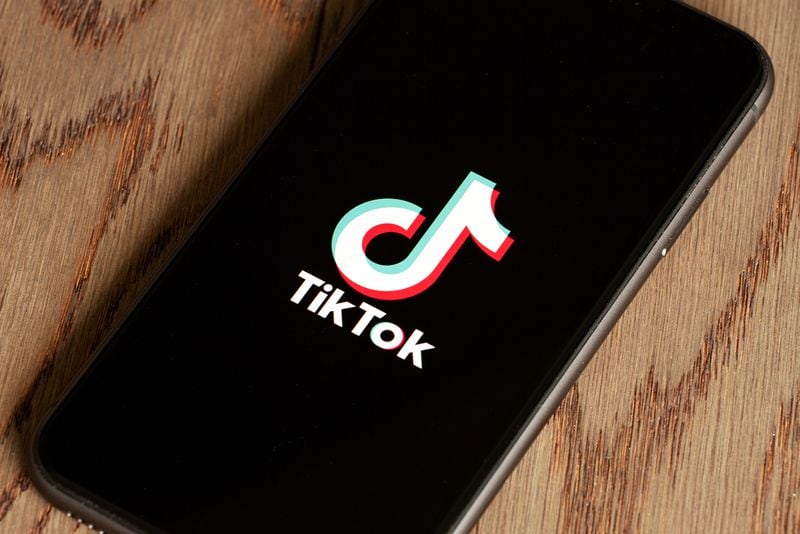But Ondieke’s future on TikTok is now uncertain as lawmakers move closer to passing a bill that could lead to a nationwide ban.
On Wednesday, the House approved a measure that would force TikTok’s Chinese owner, ByteDance, to sell the app or stop operating in the U.S.
For years, the U.S. government has raised concerns about ByteDance’s access to the personal data of the 170 million Americans who use the video-sharing platform. This legislation aims to address those worries.
It “is a common-sense measure to protect our national security,” Rep. Mike Gallagher, one of the Republican congressmen leading the bill, said ahead of the vote.
This isn’t the first time lawmakers have attempted to shut down TikTok. In 2020, former president Donald Trump signed an executive order to prohibit the use of the app. Although he was unsuccessful, Ondieke remembers feeling anxious at the time.
“I was so scared. All I had was TikTok, so I thought I was done,” he said.
He says TikTok is where a lot of companies bring their initial brand deals, because of its virality. He knew his income would take a hit if the ban had been implemented.
The threat of TikTok disappearing encouraged him to take advantage of other social media platforms, so he began to also post his content on YouTube and Instagram. Other TikTok influencers in Atlanta have been following the same strategy.
“I’ve always been in a place to make sure my creators had other options and that they were building on other platforms,” said Keith Dorsey, the founder of Collab Crib, a collective of Black digital influencers in Atlanta.
“If it’s viral on one platform, it could be viral on other platforms. If you can monetize it on one platform, you can monetize it on another platform.”
Those initial conversations were tough, he says. Like Ondieke, many of Dorsey’s clients were stressed about potentially losing brand deals and other financial opportunities.
“I was managing damaged hope,” he said.
Many influencers…
Read the full article here


